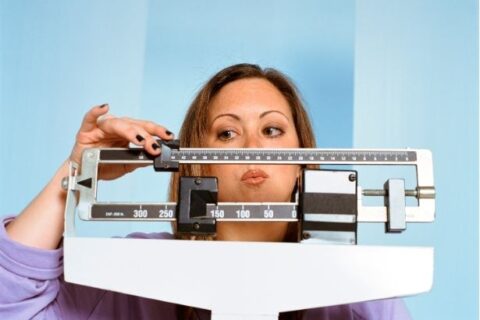National Caffeine Awareness Month
Can’t live with it, can’t live without it. That morning cup of coffee or afternoon tea that keeps us going seems like a necessity. It keeps our central nervous system stimulated with the most widely consumed psychoactive drug, caffeine. Every body is different and people tolerate caffeine in many different ways. What is important is knowing how much caffeine works for your body and how much is too much.
March is National Caffeine Awareness Month, which is intended to raise awareness of how much caffeine you are consuming and maybe even help you cut that amount back. Caffeine is around us more now than ever. It’s not just in coffee and tea, it’s in energy drinks, smoothies, granola bars, even little shots at every checkout line. And the more caffeine we consume, the more immune we become to its effects, which lead us to need more of it to feel the effects. More is not always better when it comes to caffeine and the effects that it has on the body.
So how much is too much? The latest Dietary Guidelines for Americans states that moderate coffee consumption (up to three to five 8-oz cups per day or up to 400 mg of caffeine per day) can be incorporated into healthy eating styles. It is important to note that every person should take into account how caffeine actually makes them feel and not just rely on the guidelines. If caffeine has a strong effect on your system, it is probably best to stick to a minimum. Trust your intuition and do not reach for another cup just because the suggested guidelines say that more is safe.
One of the most dangerous effects that caffeine has on the body is on the adrenal glands. These sit on top of the kidneys and release hormones into our bodies when we are confronted with stressors. They activate the fight or flight response and are designed to keep us alive in a time of danger. The problem with caffeine is that it stimulates those glands and releases adrenaline into the body. The more caffeine that is consumed, the more burned out the adrenal glands get. This can drastically effect sleep patterns because after consuming coffee and activating the adrenal glands, cortisol (the stress hormone) and does not allow the body to produce it naturally in the morning to keep us alert all day and asleep all night.
Effects of Too Much Caffeine
- Raised blood pressure
- Increased risk of heart attacks
- Insomnia
- Indigestion
- Headaches
- Increased anxiety
- Skin aging and wrinkling
How Much Is in Your Cup?
It is hard to realize how much caffeine you are actually consuming in a day if you do not know how much caffeine is in your favorite drinks. If you are unsure on whether something contains caffeine, check the label. Some teas and juice drinks that you would not expect to contain caffeine actually contain a lot. Knowledge is power! Educate yourself on what you are putting into your body by taking a little extra time and doing some research. Knowing how much caffeine is in these drinks can help you to make the best and healthiest choices for yourself. Here is a list of common caffeinated beverages and how much caffeine they contain.
- Coffee: 1 cup = 95 mg
- Green Tea: 1 cup = 35-70 mg
- Red Bull: 1 can = 111 mg
- Coca Cola: 1 can = 23-35 mg
- Starbucks Doubleshot Energy+Coffee: 1 can = 145 mg
Caffeine Withdrawals
If you are interested in cutting back on caffeine but are wary of the effects, it may be easier to make it a gradual cutback. If you usually have 2 cups of coffee a day and a soda with lunch, try cutting the soda out of your lunch for a week and the next week only having 1 cup of coffee. Quitting caffeine cold turkey may lead to some withdrawal symptoms, but if you are determined to improve your health and give your body a break, it is helpful to know the symptoms are only temporary and your body will adjust over time. Here are some of the common symptoms of caffeine withdrawal that anyone can experience from cutting back:
- Sleepiness
- Headache
- Irritability
- Constipation
- Anxiety


















































































































































